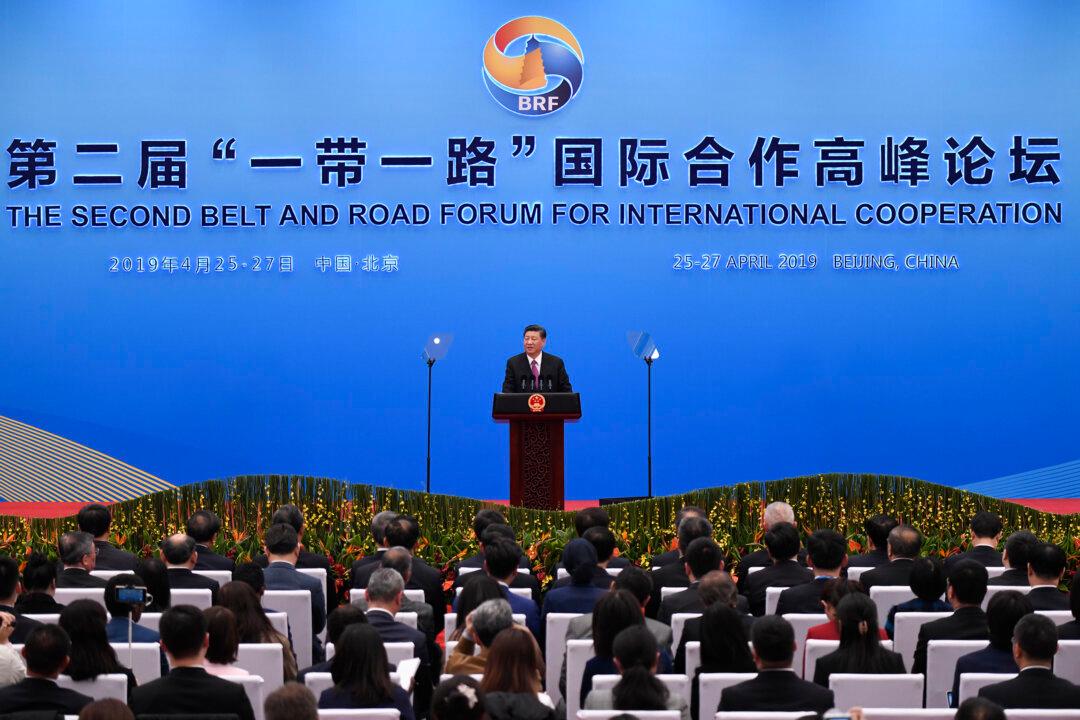Analysis
On April 21, the Australian government intervened to cancel the state of Victoria’s controversial Belt and Road deal with Beijing stating that the arrangement was inconsistent with Australia’s foreign policy and national interests.

On April 21, the Australian government intervened to cancel the state of Victoria’s controversial Belt and Road deal with Beijing stating that the arrangement was inconsistent with Australia’s foreign policy and national interests.